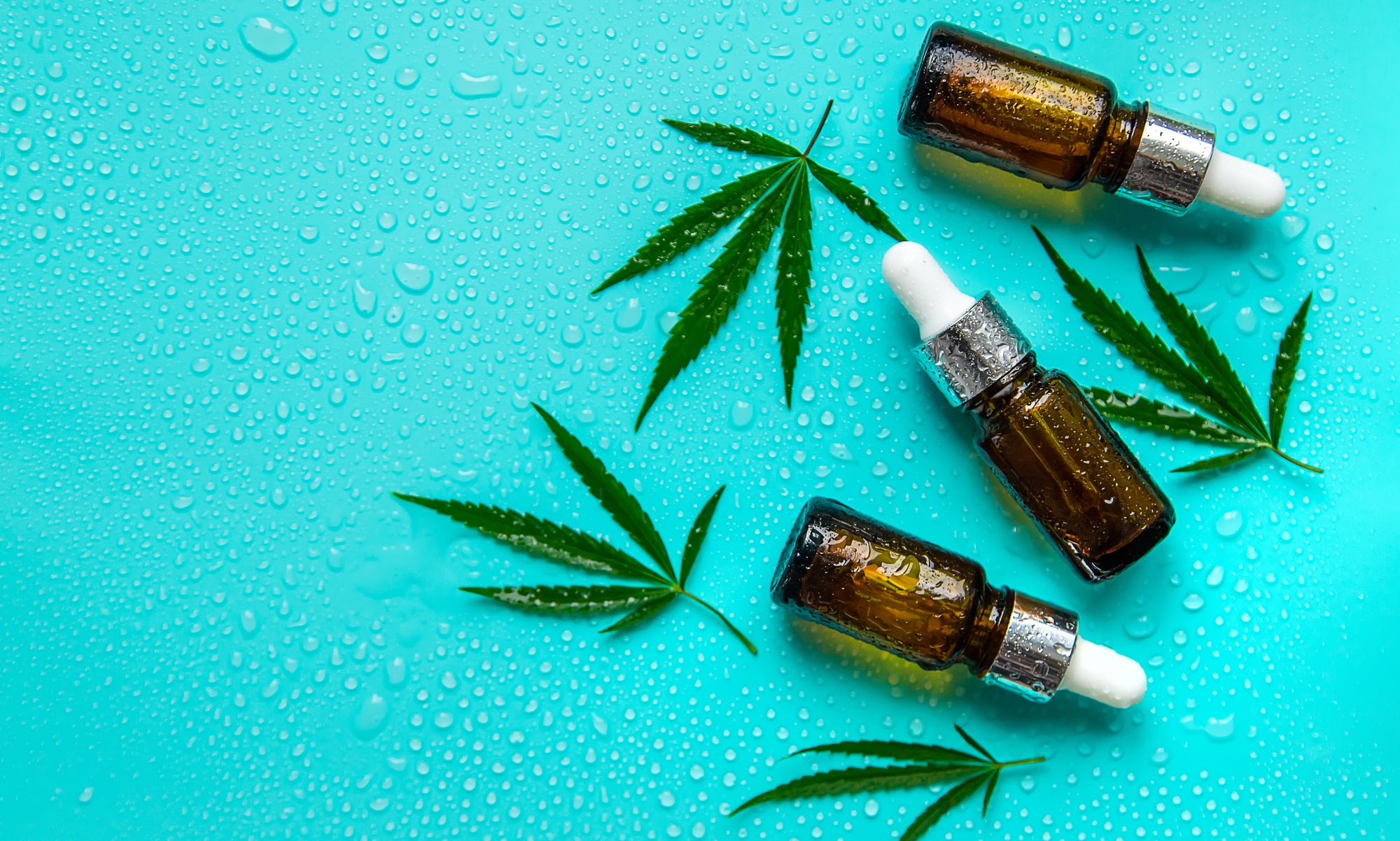
By Dr. Morgan Camp, MD
I, like many of you, started using CBD after sports injuries. When I suffered from a massive skiing accident years ago, I was prescribed high dose opiates and I soon became overwhelmed with anger, reactivity and massive mood swings, common side effects of opiate medications. That is when I discovered CBD and its many benefits.
Pain management is a crucial aspect of athletic performance and recovery, and many athletes turn to opioid painkillers for relief. However, opioids can be highly addictive and come with a range of dangerous side effects. In recent years, CBD has emerged as a natural alternative to opioid painkillers for athletes. In this blog post, we'll explore how CBD can be used as a safe and effective pain management option for athletes.
Opioid Painkillers and Athletes
Opioid painkillers, such as oxycodone and hydrocodone, are commonly prescribed for pain management in athletes. These drugs work by blocking pain signals in the brain, but they also come with a range of dangerous side effects, including addiction, constipation, nausea, and respiratory depression. In addition, long-term use of opioids can lead to tolerance, meaning higher and higher doses are required to achieve the same level of pain relief.
Furthermore most opiates are combined with acetaminophen which has its own list of side effects and dangers.
Given the risks associated with opioid painkillers, many athletes are seeking safer and more natural alternatives. This is where CBD comes in.
 CBD as a Natural Alternative
CBD as a Natural Alternative
CBD is a non-psychoactive compound found in the cannabis or hemp plant that has been shown to have a range of potential therapeutic benefits, including pain relief and anti-inflammatory properties. Unlike opioids, CBD is not addictive and does not come with the same range of dangerous side effects. (see our blog post Benefits & Safety Considerations of CBD)
In fact, a growing body of research suggests that CBD can be an effective alternative to opioid painkillers for athletes. In one study, researchers found that CBD was able to reduce pain and improve sleep in patients with chronic pain, without the risk of addiction or other adverse effects.
Another study looked at the use of CBD for pain relief in patients undergoing surgery. The researchers found that CBD was able to significantly reduce pain and opioid use following surgery, suggesting that CBD could be an effective adjunct to traditional pain management strategies.
CBD for Athletic Performance and Recovery
In addition to its potential as a pain management option, CBD has also been shown to have other benefits for athletes. For example, CBD has been shown to have anti-inflammatory properties, which can help to reduce inflammation and promote faster recovery following injuries and intense workouts.
CBD has also been shown to have anxiety-reducing properties, which can be helpful for athletes who experience performance anxiety or stress related to competition. By promoting a sense of calm, CBD can help athletes focus and perform at their best.
Finally, CBD has been shown to have sleep-promoting properties, which can be beneficial for athletes who struggle with getting enough quality sleep. Sleep is essential for athletic performance and recovery, and CBD can help to promote restful sleep and improve overall sleep quality. Many people may not realize that the root of their insomnia is actually pain and inflammation and taking CBD can help alleviate that pain and lead to improved sleep quality and quantity.
In conclusion, CBD can be a safe and effective alternative to opioid painkillers for athletes. CBD has been shown to have pain-relieving, anti-inflammatory, anxiety-reducing, and sleep-promoting properties, making it a valuable tool for athletic performance and recovery. As always, it's important to talk to your doctor before trying any new supplement or medication, and to ensure that you are using high-quality CBD products from a reputable source.

References:
-
Xiong, W., Cui, T., Cheng, K., Yang, F., Chen, S. R., Willenbring, D., … Zhang, L. (2018). Cannabinoids suppress inflammatory and neuropathic pain by targeting α3 glycine receptors. Journal of Experimental Medicine, 215(11), 2820–2833. https://doi.org/10.1084/jem.20181892
-
Boehnke, K. F., Scott, J. R., Litinas, E., Sisley, S., & Williams, D. A. (2019). Clincial Research on Medical Cannabis for Chronic Pain: What We Know and What We Need to Know. Pain Medicine, 20(8), 1538-1550. https://doi.org/10.1093/pm/pnz144
-
Ward, S. J., Ramirez, M. D., Neelakantan, H., & Walker, E. A. (2018). Cannabidiol prevents the development of cold and mechanical allodynia in paclitaxel-treated female C57Bl6 mice. Anesthesia and Analgesia, 126(2), 557-565. https://doi.org/10.1213/ANE.0000000000002455
-
Shafaroodi, H., Samini, F., & Moezi, L. (2018). The role of spinal 5-HT1A and 5-HT3 receptors in the antinociceptive and anti-inflammatory effects of cannabidiol in rats. Psychopharmacology, 235(11), 3259–3271. https://doi.org/10.1007/s00213-018-5039-9
-
Boehnke, K. F., Litinas, E., & Clauw, D. J. (2020). Medical Cannabis Use Is Associated With Decreased Opiate Medication Use in a Retrospective Cross-Sectional Survey of Patients With Chronic Pain. Journal of Pain, 21(11–12), 1225-1233. https://doi.org/10.1016/j.jpain.2020.02.013
-
Haroutounian, S., Ratz, Y., Ginosar, Y., Furmanov, K., Saifi, F., & Meidan, R. (2016). The Effectiveness of Cannabinoids in the Management of Chronic Nonmalignant Neuropathic Pain: A Systematic Review. Journal of Oral & Facial Pain and Headache, 30(1), 7-18. https://doi.org/10.11607/ofph.1488
-
Hurd, Y. L., Yoon, M., Manini, A. F., Hernandez, S., Olmedo, R., Ostman, M., & Jutras-Aswad, D. (2015). Early Phase in the Development of Cannabidiol as a Treatment for Addiction: Opioid Relapse Takes Initial Center Stage. Neurotherapeutics, 12(4), 807-815. https://doi.org/10.1007/s13311-015-0373-7
-
McPartland, J. M., & Russo, E. B. (2001). Cannabis and Cannabis Extracts: Greater Than the Sum of Their Parts? Journal of Cannabis Therapeutics, 1(3-4), 103-132. https://doi.org/10.1300/J175v01n03
